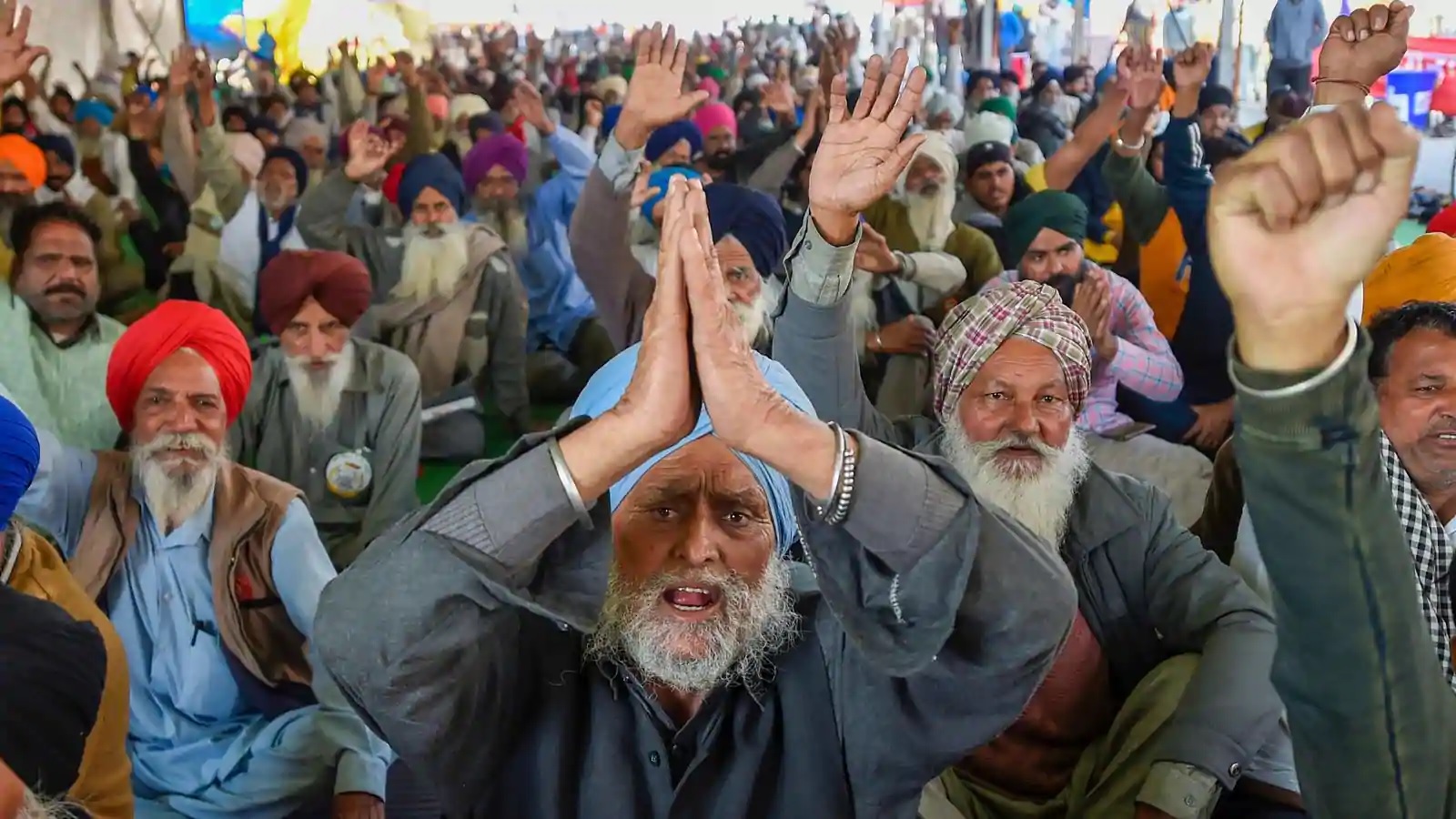
United Nations High Commissioner for Human Rights Michelle Bachelet voiced concerns about India’s farmers’ struggle and continuing communication restrictions in Jammu and Kashmir while speaking about recent human rights issues in more than 50 countries on February 26, 2021.
“In India, continued protests by hundreds of thousands of farmers highlight the importance of ensuring laws and policies are based on meaningful consultations with those concerned. I trust that ongoing dialogue efforts by both sides will lead to an equitable solution,” said Bachelet on Friday during the 46th session of the UN Human Rights Council.
Regarding sedition charges against journalists and activists and attempts to curb freedom of expression on social media, the High Commissioner said such actions violate essential human rights principles.
Similarly, the Council said they continue to monitor the situation in Kashmir, where restrictions on communications, clampdowns on civil society activists, remain of concern.
“Despite recent restoration of 4G access for mobile phones, the communications blockade has seriously hampered civic participation, as well as business, livelihoods, education, and access to health-care and medical information,” said Bachelet.
Further, she said the raids against human rights defenders in October and November 2020 exemplify continued restrictions impacting rights of Kashmir people to impart and receive information or engage in open debate on public policies.
In response, India’s Permanent Representative to the UNHRC in Geneva Indra Mani Pandey issued a written statement that said the High Commissioner “appeared as oblivious of the enormous efforts made by my Government to address the challenges, as indeed of many of the factors driving these challenges.” Pandey said that Bachelet was “unmoved” by the “unprovoked violence on Republic Day in the name of farmers’ rights.” Moreover, Pandey said that her oral update lacked objectivity and impartiality while her indifference to terrorism is “not new”.
Regarding the central government’s efforts for farmer benefits, he said the Centre has set a goal of doubling the income of farmers by 2024, and has shown utmost respect for farmers’ protests while continuing to engage in dialogues with peasant leaders. “The purpose of enacting three Farm Acts is to enable farmers to realise better prices for their produce and enhance their income. It will particularly benefit small farmers and offer more choices to those farmers who opt for them,” he said.
Regarding the issue of Kashmir, he said the constitutional changes in the status of Jammu and Kashmir in August 2019 were a historic decision. “It has been welcomed by the people of India, including people of Jammu and Kashmir. It has given impetus to socio-economic development, end decades of discrimination and combat cross border terrorism, which has been the key hindrance in full enjoyment of human rights by the people,” he said claiming that there has been a significant decline in terrorist attacks and progressive national laws have been extended in the area.
Meanwhile, farmers organisation Samyukt Kisan Morcha (SKM) continues its agitation against the Farmers (Empowerment and Protection) Agreement on Price Assurance & Farm Services Act, the Farmer’s Produce Trade and Commerce (Promotion and Facilitation) Act, the Essential Commodities (Amendment) Act. On Friday, youth leaders have stated that the three laws will serve as a death warrant for farmers if the laws are implemented.
The entire UN High Commissioner for Human Rights statement may be read here:
Related:
India’s youth stand in solidarity with annadaatas on Yuva Kisan Diwas
87 US groups declare support for farmers’ struggle in India
SKM condemns Centre’s insensitivity towards farmers deaths
India ratifies, but doesn’t adopt UN Resolution on farmers’ rights?
J&K HC: Notice issued in plea challenging “maximum” period of detention under PSA
Over 400 detainees released under Public Safety Act in J&K: MHA